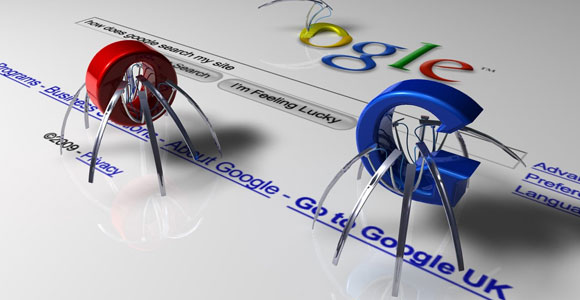How do I ensure my website is crawlable and why it matters for rankings?

As a digital marketing agency that specializes in helping businesses improve their online visibility, we understand the importance of ensuring that your website is crawlable by search engines. This blog post will explain what it means to have a crawlable website, how you can ensure it is crawlable, and why it matters for your website's rankings.
What does it mean to have a crawlable website?
A crawlable website is one that search engines can easily access and scan to understand the site's content. Search engine crawlers are bots visiting websites and reading each page's content. They then use this information to determine the relevance and value of the content, which can impact the site's rankings in search results. If your website is not crawlable, search engines will not be able to find your content, and your site may not appear in search results.
How can I make sure my website is crawlable?
There are several things you can do to make sure your website is crawlable:
- Create a sitemap: A sitemap is a file that lists all the pages on your website. It helps search engines crawl and index your site more efficiently. Create a sitemap and submit it to search engines like Google.
- Use a robots.txt file: A robots.txt file is a file that tells search engines which pages on your website to crawl and which ones to avoid. Creating a robots.txt file and ensuring it's not blocking any essential pages or resources is critical.
- Use structured data: Structured data helps search engines better understand your website’s content. Adding additional information about the page's content makes your content more visible in search results. You can use tools like Schema.org to add structured data to your website.
- Check for broken links: Broken links can prevent search engine crawlers from accessing your content. Use tools like Broken Link Checker to identify and fix broken links on your website.
- Use descriptive URLs: Use descriptive URLs that accurately describe the page's content. This makes it easier for search engine crawlers to understand what the page is about.
Why does it matter for my website's rankings?
Having a crawlable website is crucial for your website's rankings. If search engine crawlers can't access your content, it won't be indexed, and your site won't appear in search results. Your website won’t receive organic traffic from search engines, which can significantly impact your business's online visibility.
In addition to being crawlable, your website should also be optimized for search engines. This includes having high-quality content that is relevant and useful to your target audience, using relevant keywords in your content, and having a fast and responsive website.
Conclusion
Ensuring that your website is crawlable is crucial for your online visibility. By following the tips outlined in this blog post, you can make sure that search engine crawlers can access and scan your content, which can help improve your website's rankings in search results. Remember to also optimize your website for search engines by creating high-quality content, using relevant keywords, and having a fast and responsive website.
